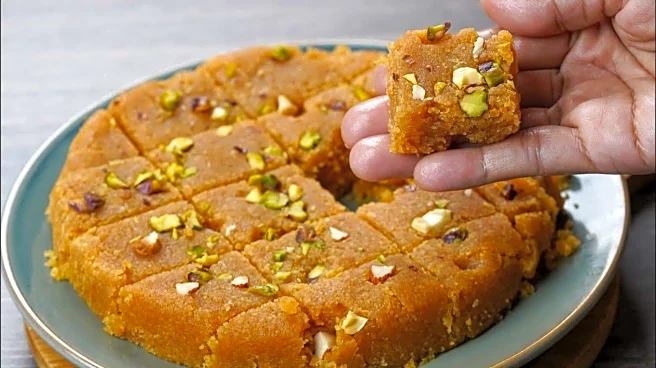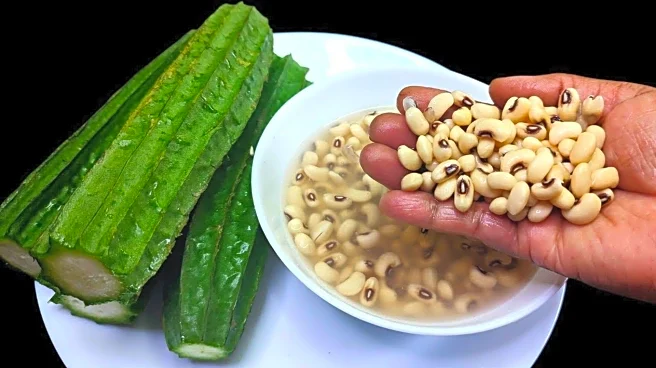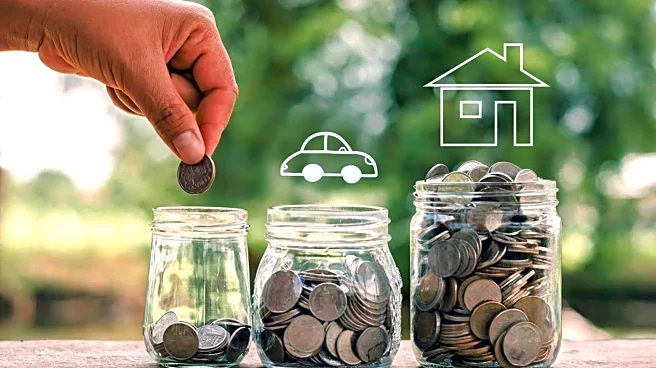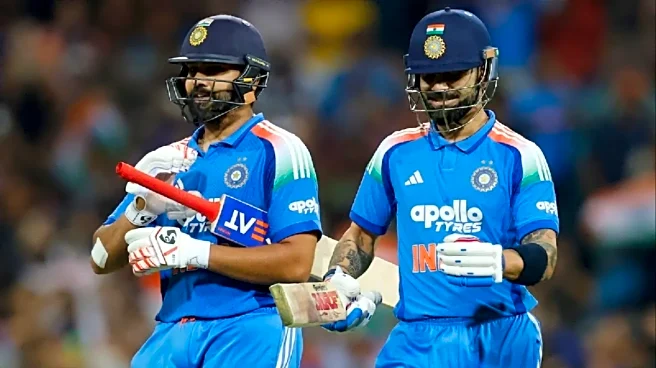What is the story about?
The Antwerp Court of Appeal in Belgium has cleared the way for the extradition of fugitive diamantaire Mehul Choksi to India, ruling that there is “no obstacle” under Belgian or international law to returning him.
The court dismissed Choksi’s appeal as unfounded, confirming that all legal and treaty conditions for extradition were satisfied. The judges rejected the defence’s arguments alleging procedural unfairness, political motivation, and risk of mistreatment, citing a lack of concrete evidence.
In its detailed findings according to a CNN report, the court held that there was no credible risk of torture, degrading treatment, or denial of justice in India under Article 3 of the European Convention on Human Rights (ECHR). The panel also noted that the INTERPOL Commission for the Control of Files (CCF) report from 2022—raising concerns about fairness—was not legally binding and lacked judicial authority.
India, the court said, had provided sufficient assurances regarding Choksi’s detention conditions, confirming he would be held in Arthur Road Prison, Mumbai, specifically in Barrack No. 12, which includes two cells and sanitation facilities.
While approving the extradition, the court made one exception—excluding the charge related to the disappearance or destruction of evidence, which it said does not have an equivalent offence under Belgian law. All other charges, including fraud and criminal conspiracy, were deemed extraditable.
Choksi was also ordered to pay appeal costs amounting to €48.40. The trial was conducted in Dutch, with translation assistance provided to the accused.
The closed-door ruling, delivered on October 17, 2025, was signed by Judges D. Thys, K. Lenaers, and I. Arnauts, along with Registrar P. Hofmans.
The court confirmed that a valid extradition treaty exists between India and Belgium, that the crimes alleged are punishable in both countries, and that there are no statute of limitations preventing extradition.
With this decision, Belgium has formally approved India’s request to bring Mehul Choksi back to face trial in connection with the multi-crore Punjab National Bank (PNB) fraud case.
The court dismissed Choksi’s appeal as unfounded, confirming that all legal and treaty conditions for extradition were satisfied. The judges rejected the defence’s arguments alleging procedural unfairness, political motivation, and risk of mistreatment, citing a lack of concrete evidence.
In its detailed findings according to a CNN report, the court held that there was no credible risk of torture, degrading treatment, or denial of justice in India under Article 3 of the European Convention on Human Rights (ECHR). The panel also noted that the INTERPOL Commission for the Control of Files (CCF) report from 2022—raising concerns about fairness—was not legally binding and lacked judicial authority.
India, the court said, had provided sufficient assurances regarding Choksi’s detention conditions, confirming he would be held in Arthur Road Prison, Mumbai, specifically in Barrack No. 12, which includes two cells and sanitation facilities.
While approving the extradition, the court made one exception—excluding the charge related to the disappearance or destruction of evidence, which it said does not have an equivalent offence under Belgian law. All other charges, including fraud and criminal conspiracy, were deemed extraditable.
Choksi was also ordered to pay appeal costs amounting to €48.40. The trial was conducted in Dutch, with translation assistance provided to the accused.
The closed-door ruling, delivered on October 17, 2025, was signed by Judges D. Thys, K. Lenaers, and I. Arnauts, along with Registrar P. Hofmans.
The court confirmed that a valid extradition treaty exists between India and Belgium, that the crimes alleged are punishable in both countries, and that there are no statute of limitations preventing extradition.
With this decision, Belgium has formally approved India’s request to bring Mehul Choksi back to face trial in connection with the multi-crore Punjab National Bank (PNB) fraud case.
/images/ppid_59c68470-image-176112253471488778.webp)

/images/ppid_59c68470-image-1770652537956142.webp)
/images/ppid_59c68470-image-17706525374275258.webp)
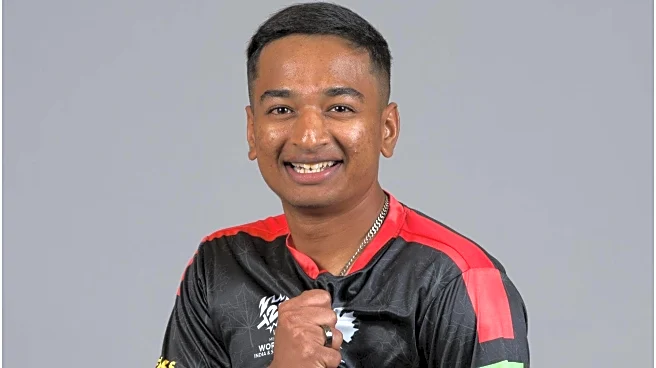


/images/ppid_a911dc6a-image-177065360630160718.webp)

/images/ppid_a911dc6a-image-177065352941295241.webp)
/images/ppid_a911dc6a-image-177065357074889418.webp)
